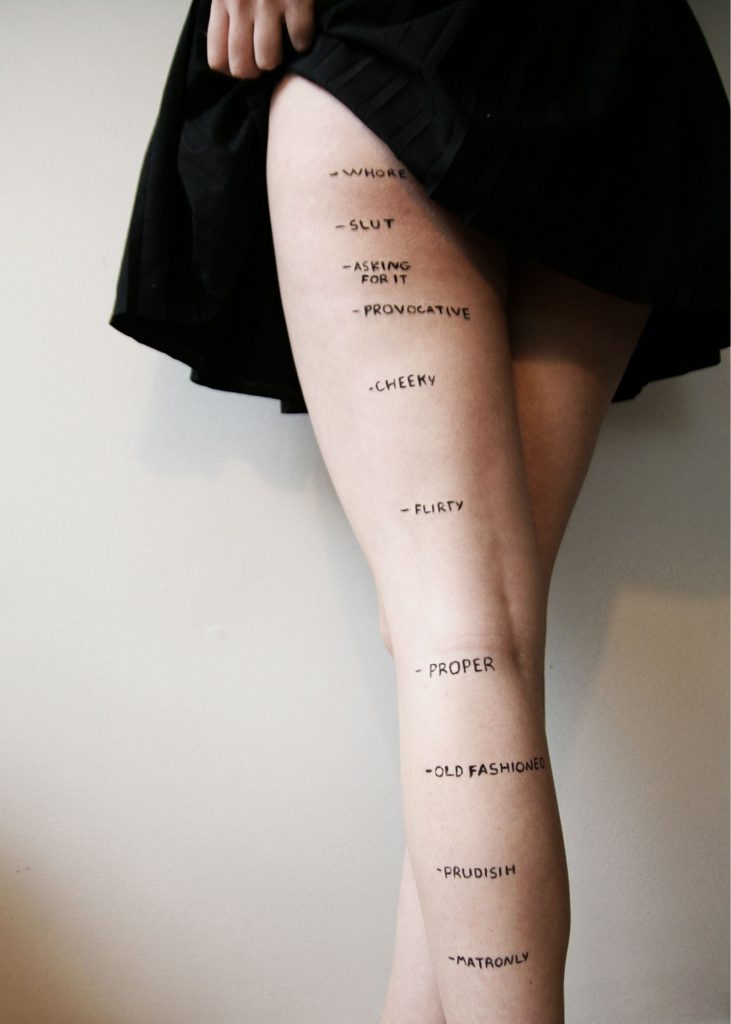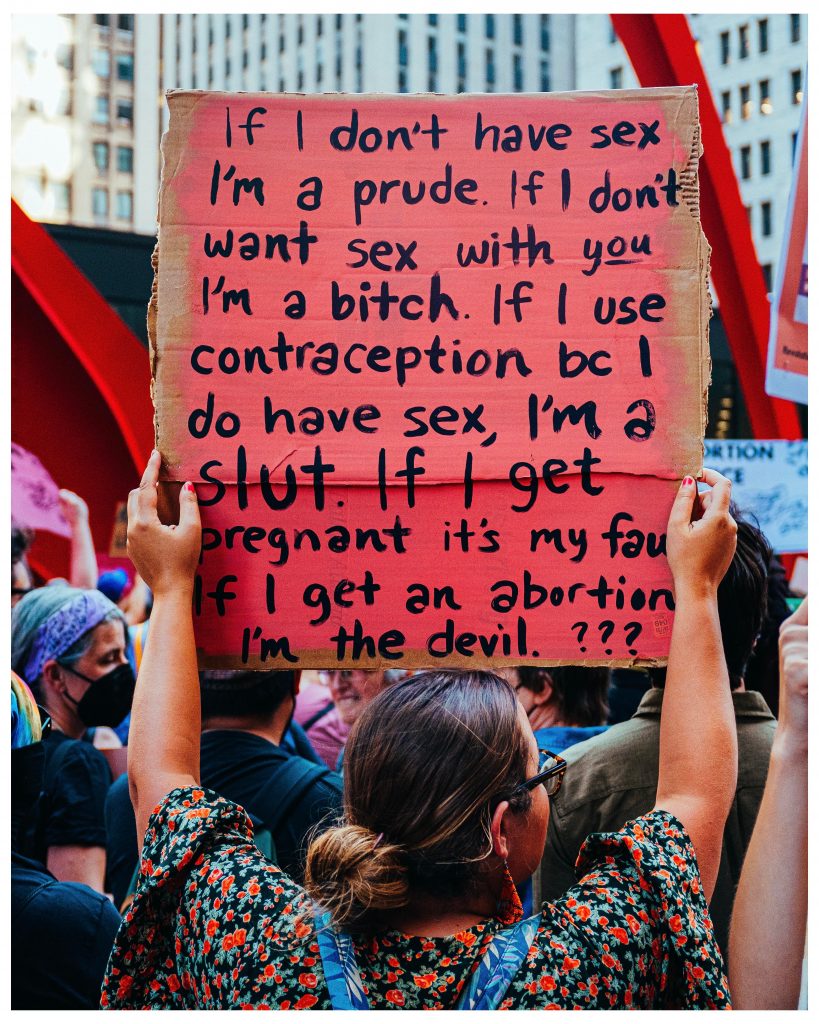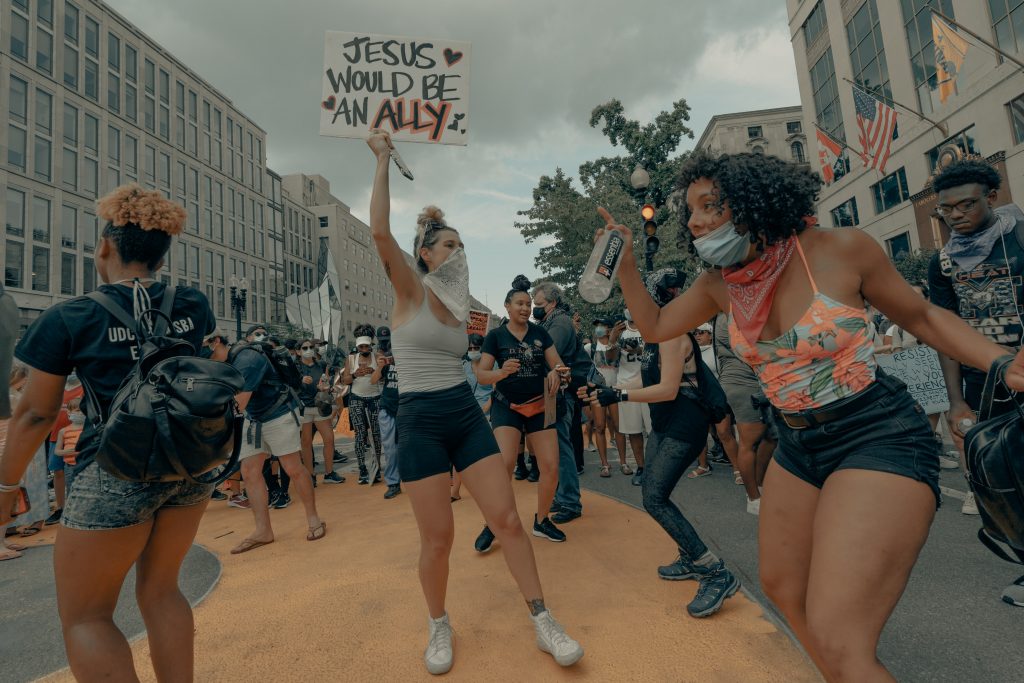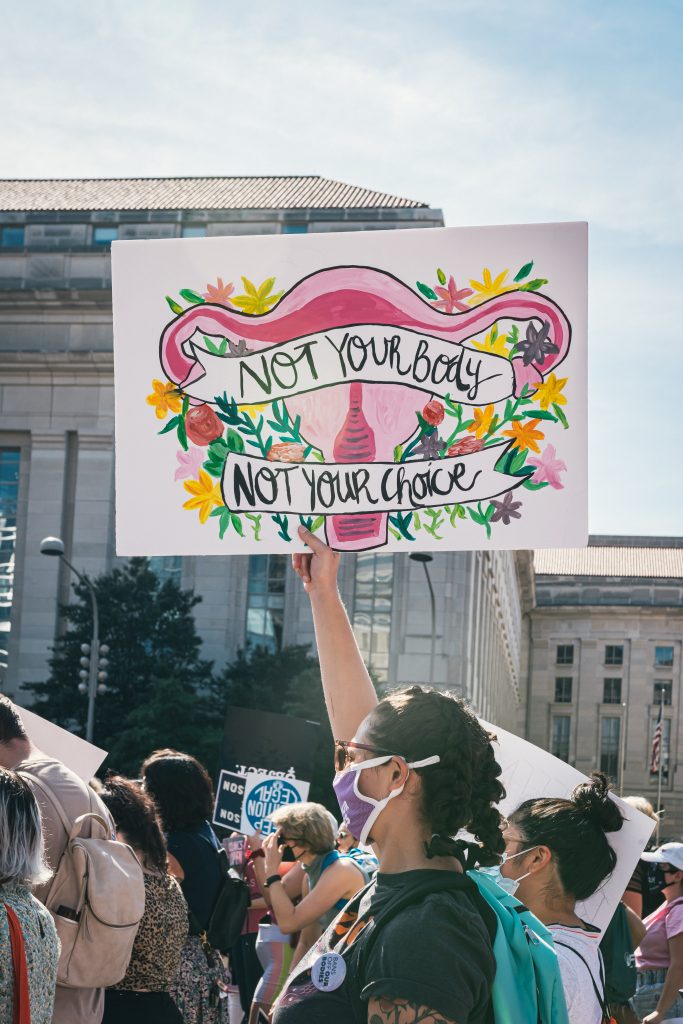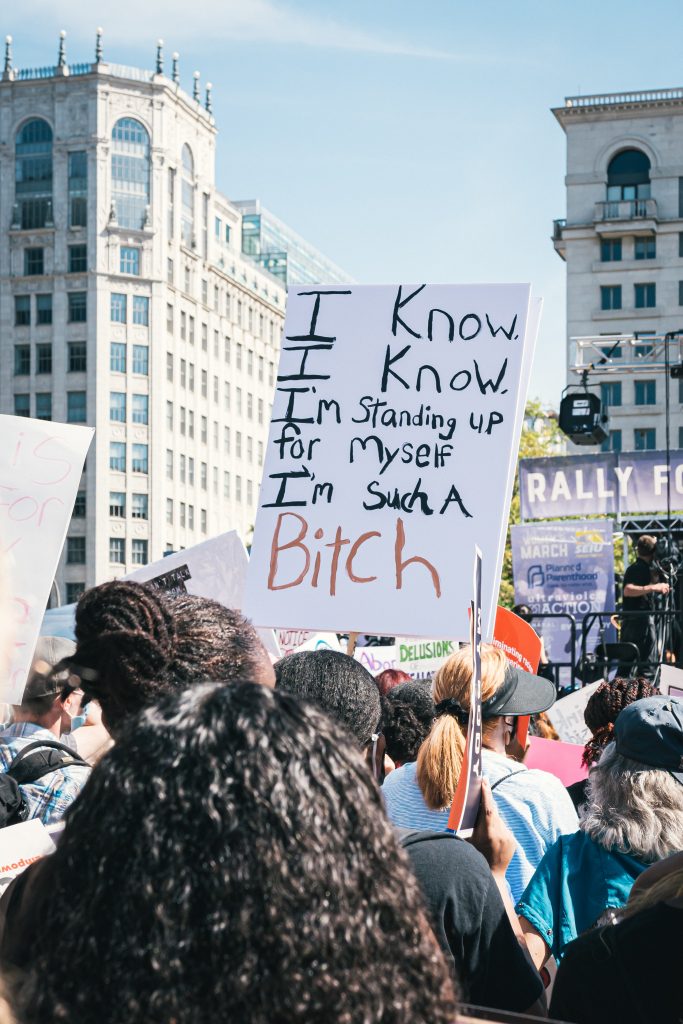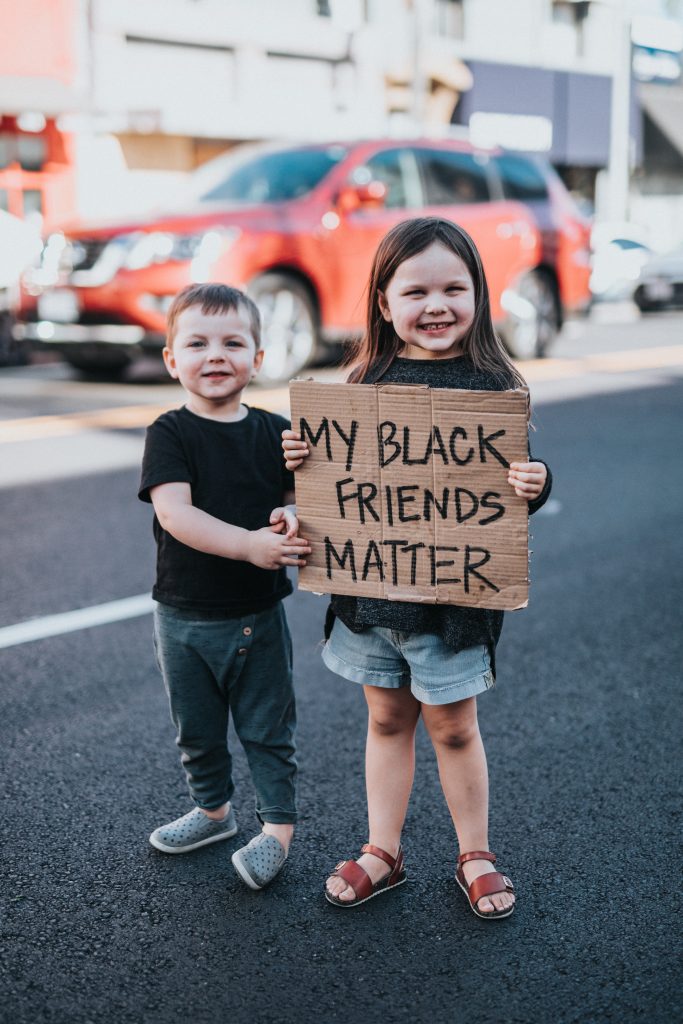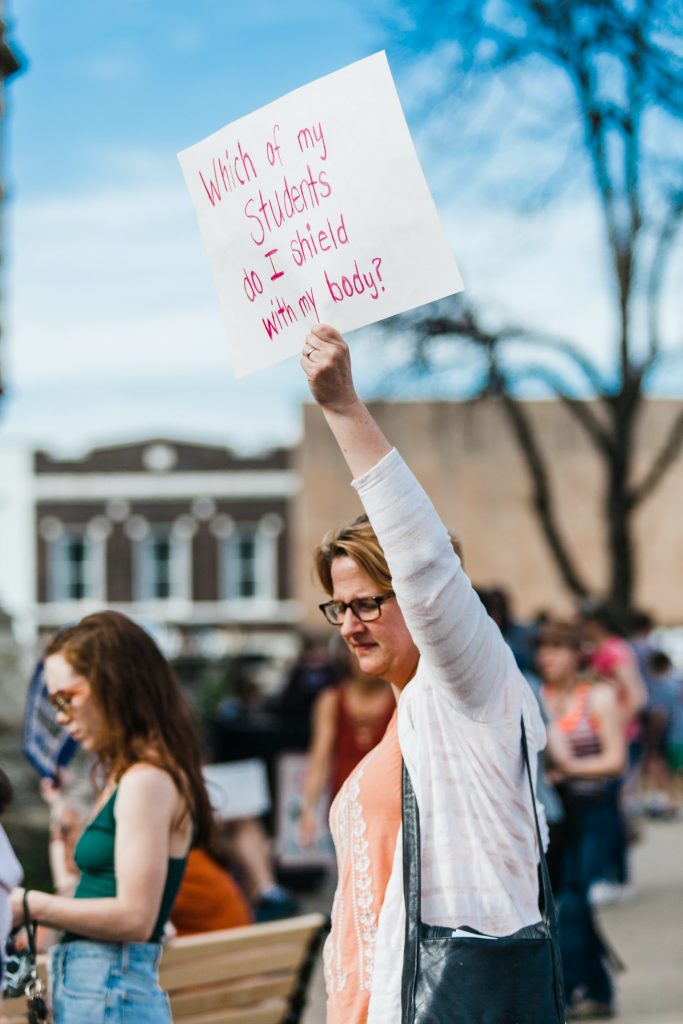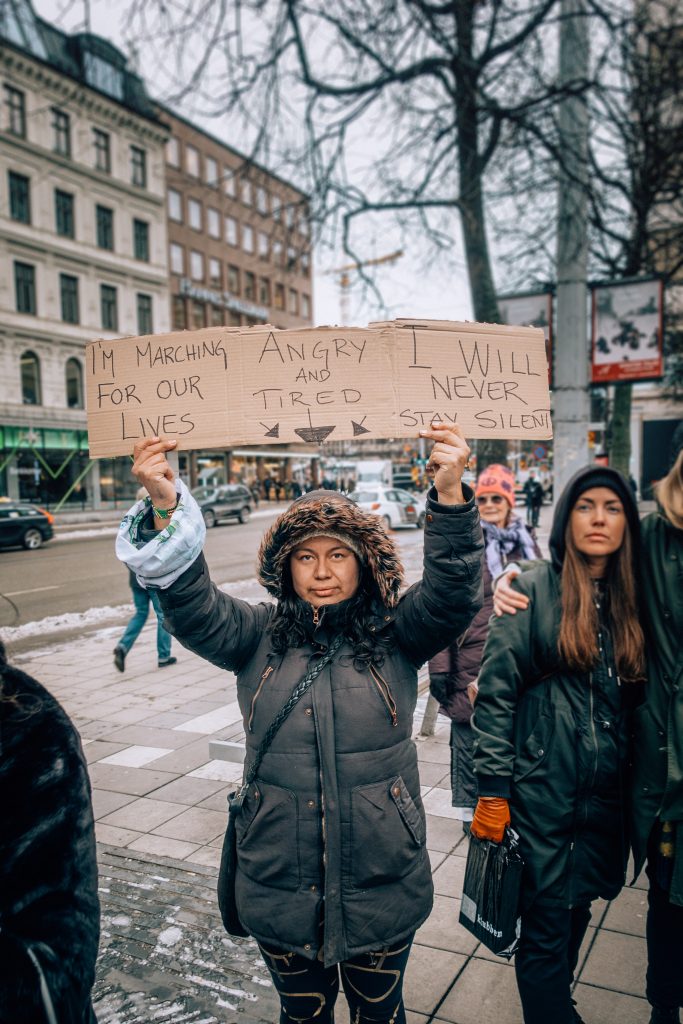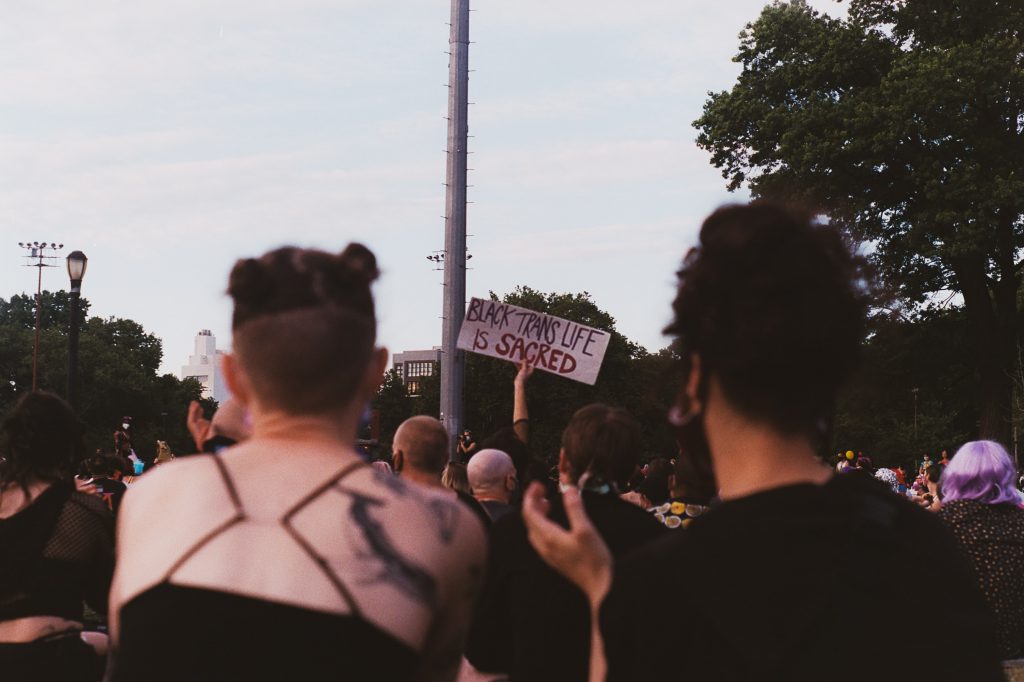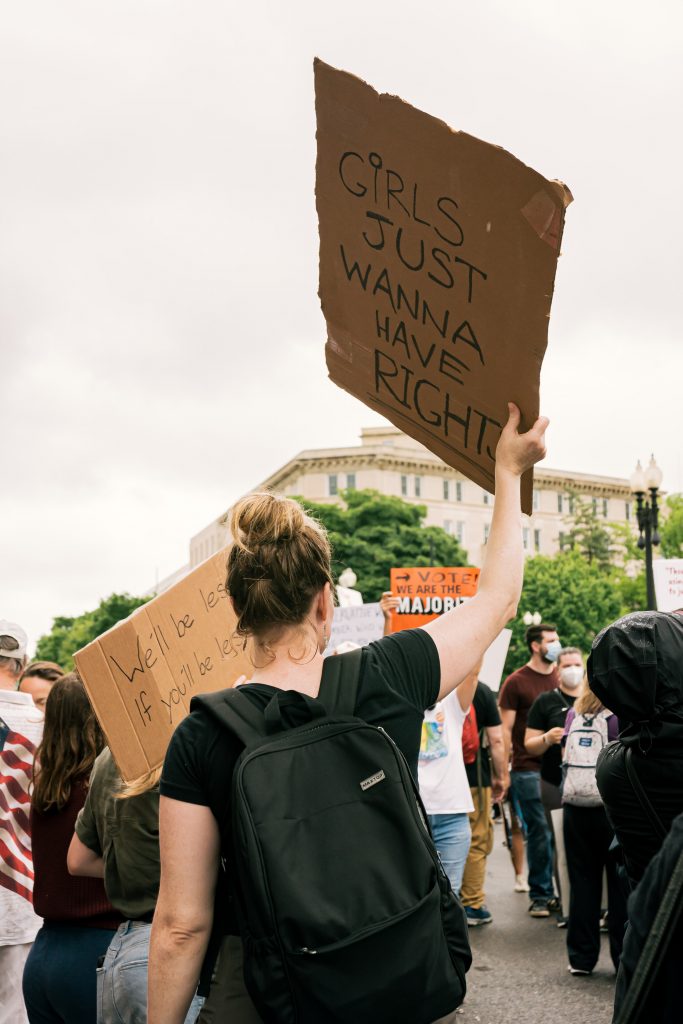This is certainly exhausting.
It feels as though over the last quite a few years, a spotlight has been shone on continued inequality, violence, and polarization here in the US. Whether it’s from the pandemic, illness and death and related reactions and misinformation, overt systemic racism and violence against people of color including police violence, increasing income inequality and wealth disparity, continued violence against trans folks and others in the LGBT community, difficult economic factors, abhorrent gun violence, school shootings, stepbacks on privacy and women’s rights to bodily autonomy, divisions in beliefs systems separating family and friends, rampant social media campaigns — it’s likely you have been seeing this as well and are likewise being worn out.
In times like these, we need to stand with our neighbors, and do what we can. Sometimes it is possible to find energy to do so, which is laudable. Sometimes we only have enough energy left over to care for ourselves, and that is OK and understandable, too.
I stand with you through these tough times, whether they are affecting our global community, or are happening on a scale that they impact solely your individual life. It is important to take care of one another. When times are tough, community bands together. I am here for you, with you.
This is not the end.
If you’d like to get involved, or get help — here are some resources that may be of use to you.
Local organizations and resources —
Planned Parenthood of Allentown
National organizations and resources —
National Organization for Women
National Network of Abortion Funds
Article: The only moral abortion is my abortion
A personal note in particular on the Roe decision —
I learned about US history in high school from an excitable and passionate woman who taught with so much dedication and fervor that still embodies her work (never forget Ms. J). I remember learning about the Roe v. Wade decision and having an opportunity in class to practice debate by defending either side of the argument. Ms. J encouraged the class to continue to consider all sides of the argument and to understand the nuances of history and political thought. No matter, though, because it had already been decided — our rights were just there, guaranteed to us in real life, despite controversial opinions to the contrary. The folks arguing against the Roe decision were obviously representing the “bad” side, the side of the past, the folks who had lost, the “old” way. I learned that women’s rights and civil rights were in the past — they’d been decided on, so everyone was equal now. Right? I was a myopic teenager, raised in a white bubble and benefitting from these historic decisions that I wasn’t able to fully grasp, having not entered “the real world” yet.
Despite my equality, there were cracks in the armor — horrifying sexist and homophobic jokes that permeated the 90’s and early 00’s, commonplace racist thought as jokes, ogling and catcalling that I faced more as a teen than ever as an adult, a culture of rape jokes and permissive of sexual violence. I learned to laugh it off, and to stop taking it so seriously. And I rolled with that for a while, pushing down feelings of guilt and shame.
I was raised having to promise to wait till marriage for sex, and that anything else would constitute a sin of the utmost degree, sending me to hell, and ruining my value as a girl. Consistent nightmares of black marks — like dirty charcoal stains — on my supposed soul, plagued my youth. But we’re equal, right?
I learned that feminism and feminist were dirty words. “Yeah, I believe in women’s rights (sorry, I meant equality, not allowed to single out just women) — but I’m not a feminist.” I felt that I had to say this, lest I’d be accused of being a feminazi, and then I’d be unfuckable, which is the worst thing I could be, when I was presumed heterosexual in a culture of compulsory sexuality and suffering from scripts that told me that my only purpose was in being attractive to men so I could “settle down.” But also, go to school so I wouldn’t have to. But be attractive and pleasant. But not a slut. I felt so confused.
I continued to embark on personal journeys — learning about sexuality, diversity, and empowerment without having much outlet or ability to discuss them in a real way, outside of joking about them in a way that felt safe to my peers. I was grateful to enroll in a few feminist courses during undergrad despite being under a watchful, helicopter-y eye of my parents’ scorn at such classes. Here I was able to gain more direction and discussion on women’s literature and empowerment, as well as intersections on racial and queer liberation movements. What had been inside me all along found a place to be nurtured and developed, against the rhetoric that claims universities liberalize students unwillingly. Being exposed to diverse classmates, professors, readings, and discourse enabled me to grow as a person, and expand my comfort zone.
I remember having a discussion about seven years ago with a person in my life about the Supreme Court decision to allow gay marriage. “Who cares about that? We need to work on getting rid of gun laws.” It felt like a personal rebuke, as a queer person, as a person with queer friends, as a person with empathy for others. It felt like a turning point for me, as I began to stand up against such remarks, rather than “laugh them off” or feebly agree and keep my head down (the “proper” response for a woman).
As I’ve distanced myself from these communities of my past and grown enmeshed in spaces where I am able to have more intimate discussions and care for others, I’ve found a sense of release and support that I had missed previously. I also find myself feeling deep grief for my past self, my past experiences, as well as for the inequality and trauma affecting my peers that previously I had turned a blind eye to. In particular to this ruling, I feel grief for girls growing up in the patriarchy. We have to do better for them. It’s not over.
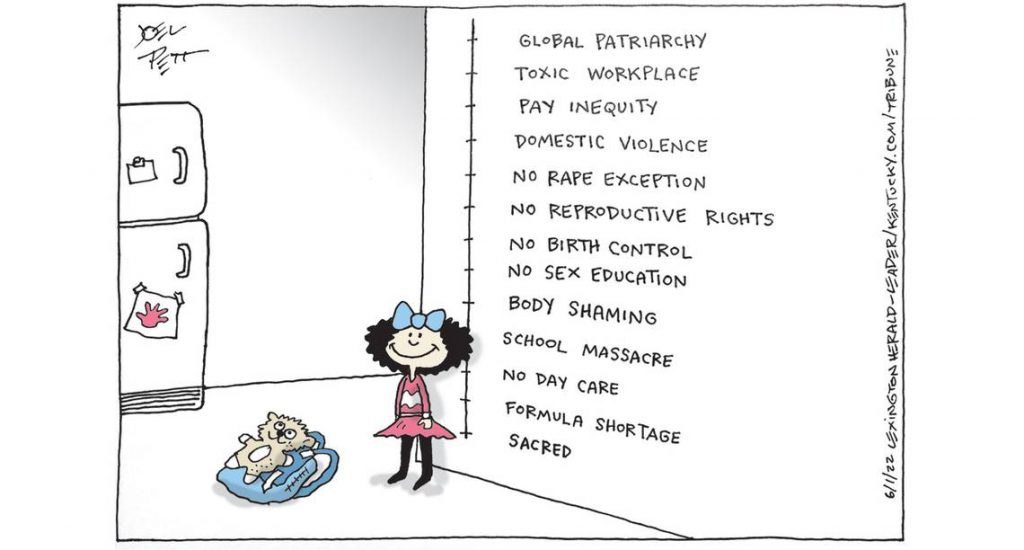
The recent Roe decision as well as the continued division in our country and increasing polarization over the last few years has felt like a thousand cuts. I’m seeing it now more clearly than ever and I am grateful to no longer be as myopic as before, and to consume intersectional opinions and experiences that allow me to better understand the experiences of my peers that hold less privilege than I.
Over the last ten or so years I’ve come to understand the importance of participation in voting and community activism as the progress that we’ve made as a country, that I’d learned about in school all those years ago, is not linear as I had previously been led to believe. I understand the massive importance of stepping out of my bubble and interacting with communities and individuals different than I. And I also understand more than ever the need to protect myself, unfortunately.
I don’t always (or perhaps often) get things right. And I appreciate continued opportunities to grow and support my community. Particularly those from marginalized backgrounds, communities, and experiences. Often I’m reminded how mental health stuff does not occur in a vacuum; indeed, much of my work is done in treating individuals and groups knowing that larger cultural factors and scripts are at play that still might harm folks. And yet we continue to plow on.
I feel tired, I feel worried, I feel exhausted from all the doomscrolling I’m trying to curb. And I also feel hope, still, for the continued resiliency and strength in the human spirit. Humans I know, and those I haven’t yet met.
I wish us all the best. And look forward to continuing to support you, educate myself, and adapt to this changing environment.
